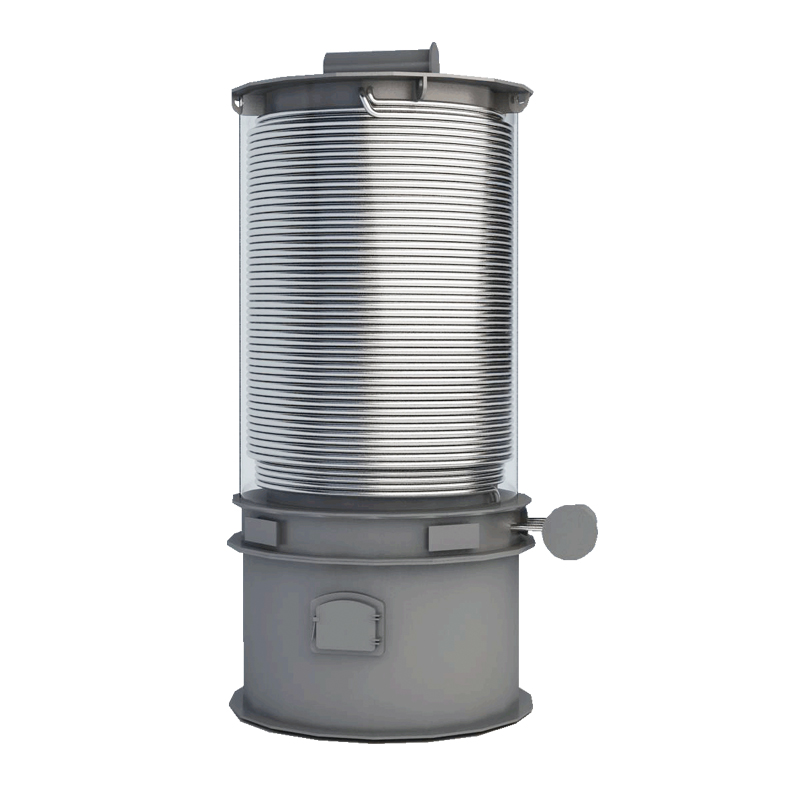Utilizing Waste Heat Recovery for Efficient Steam Boiler Systems
Waste Heat Steam Boiler Harnessing Energy Efficiency
In the quest for sustainability and energy efficiency, waste heat recovery has emerged as a critical strategy for industries seeking to reduce their carbon footprint and operational costs. At the heart of this initiative lies the waste heat steam boiler, a system designed to capture and utilize the excess heat produced during industrial processes.
Waste heat is typically generated in various industrial activities, including manufacturing, power generation, and chemical processing. Instead of allowing this valuable energy to escape into the atmosphere, waste heat steam boilers repurpose it to produce steam, which can be used for a variety of applications such as electricity generation, heating, or even driving turbines for mechanical output.
The operational principle of a waste heat steam boiler is remarkably straightforward. It functions by transferring thermal energy from hot flue gases or process fluids to water within the boiler. The heat exchange process leads to the generation of steam, which can then be utilized in different ways depending on the industry’s needs. This dual use of energy not only improves overall efficiency but also significantly lowers greenhouse gas emissions.
waste heat steam boiler

One of the most notable advantages of waste heat steam boilers is their contribution to energy savings. By recovering waste heat, industries can decrease their energy consumption, resulting in lower utility bills and reduced reliance on fossil fuels. According to various studies, implementing a waste heat steam boiler can lead to energy savings of up to 30%, depending on the specific application and design of the system.
Moreover, the integration of waste heat steam boilers often leads to improved operational resiliency. By producing their own steam and potentially reducing their reliance on external power sources, businesses can effectively shield themselves from fluctuations in energy prices and supply chain disruptions. This aspect is particularly important in today’s volatile market, where energy costs can significantly impact profits.
From an environmental perspective, waste heat steam boilers play a vital role in reducing industrial emissions. By capturing and utilizing otherwise wasted energy, industries can decrease their overall carbon footprint, promoting a cleaner and more sustainable operation. This is particularly important as governments worldwide impose stricter regulations on emissions and incentivize greener technologies.
In conclusion, waste heat steam boilers represent a significant advancement in the pursuit of energy efficiency and sustainability. By converting waste heat into useful energy, industries can enhance their operational efficiency, lower energy costs, and minimize their environmental impact. As technology advances and the focus on sustainability continues to grow, the adoption of waste heat steam boilers is likely to become increasingly common across various sectors, paving the way for a greener future. Embracing such innovations not only benefits individual companies but also contributes to global efforts to combat climate change and promote sustainable industrial practices.
-
Advanced Electric Steam Boiler Manufacturers | GPT-4 Turbo AINewsAug.01,2025
-
Custom Steam Boilers Manufacturer | AI-Enhanced EfficiencyNewsJul.31,2025
-
Top Electric Steam Boiler Makers | AI-OptimizedNewsJul.31,2025
-
Top Electric Steam Boiler Manufacturers - High Efficiency SolutionsNewsJul.30,2025
-
Top Electric Steam Boiler Manufacturers – Efficient Industrial SolutionsNewsJul.29,2025
-
Top Electric Steam Boiler Manufacturers | Reliable Industrial SolutionsNewsJul.29,2025

